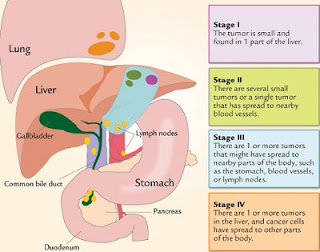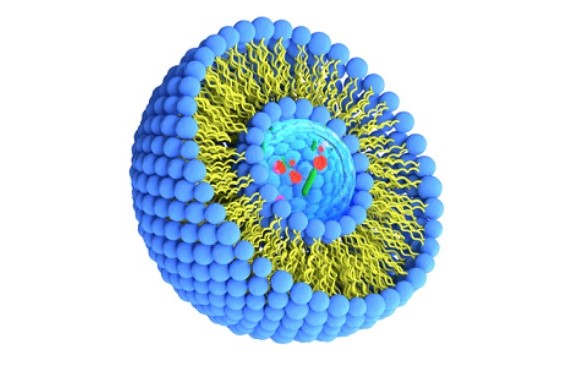
A liver cancer overview gives a brief overview of what it is and how it is diagnosed. The liver is an important organ in the body. It removes harmful substances from the blood, produces bile to aid digestion, and stores glycogen for energy. However, liver cancer can develop in any organ. The treatment for liver cancer depends on its stage, type, and location. This section covers both primary and metastatic cancer. It also discusses symptoms and causes.
There are several types of liver cancer. A person can have this type of cancer if it started in another part of the body. It can also spread to the liver from other parts of the body. A physician can provide an overview of treatment options. Usually, a patient with HCC will be treated with surgery. Other treatments include hepatitis B and C vaccines. These treatments will require an invasive surgery or a hepatectomy.
There are several treatments for liver cancer. Surgery is one option, but patients may also undergo ablation or targeted therapy to treat the tumor. Infusions of alcohol can kill the cancer cells without removing the entire liver. Chemotherapy is another treatment option. It uses drugs to kill the cancer cells in the body. This type of treatment is systemic and can affect many other organs in the body. As with any other form of treatment, a patient should discuss the available treatments with their healthcare provider.
Although treatment for liver cancer varies, there are several different treatments for HCC. The most common methods are ablation and liver transplantation. In addition to surgery, ablative therapy involves destroying tumor cells without removing the liver. During the procedure, ethanol is used to kill cancer cells. There are also many other types of treatment, including chemotherapy and targeted therapy. Most of these treatments are designed to help the patient and his or her family understand treatment options.
A cancer review is necessary to determine whether the condition is curable. Your doctor should have a good understanding of the type of treatment and other treatment options for liver cancer. In most cases, treatment for the disease can be determined by examination, in which the patient lies on an examination table. A CT scan will allow the doctor to examine the organ and detect a tumor. The recommendations on the health website https://www.saludremediosar.com/
will also help the patient and his or her family understand how to continue treatment.
Although liver cancer is a complex disease, it is largely preventable. The first step is to understand the causes of the disease. The main risk factors for HCC are alcohol consumption and obesity, and hepatitis B and C are common in some cultures. It is important to understand the risks associated with HCC so you can make informed choices about your health and lifestyle. You may also want to ask your doctor for tests if your symptoms indicate liver cancer.
There are many types of liver cancer. Primary cancer affects only the liver, but can also spread to other parts of the body. If the tumor is in the liver, treatment will depend on the type of metastatic disease. If the cancer is located in the lymph nodes, treatment will depend on the location of the tumor. Surgery for liver cancer may include liver transplantation. In addition to surgical procedures, treatment will include ablation.
If symptoms of liver cancer are not obvious, you may want to order a CT scan. This test involves lying on an examination table, which is circular and donut-shaped. CT scans use magnetic waves to create detailed cross-sectional images of organs and tissues. The scan will show the size and extent of the tumor. If the cancer has spread into the blood, it can cause a gastrointestinal infection. As a result, treatment will depend on the stage of the disease.
In some cases, the cancer can travel to other parts of the body. This can happen when a tumor has spread to another organ. In this case, the tumor will be in the liver. Then, it will be referred to as metastatic cancer. The presence of metastatic disease in the liver can lead to complications, including the need for chemotherapy. In these cases, a surgeon will remove the entire liver and perform surgery. This procedure is usually performed in conjunction with an MRI.
